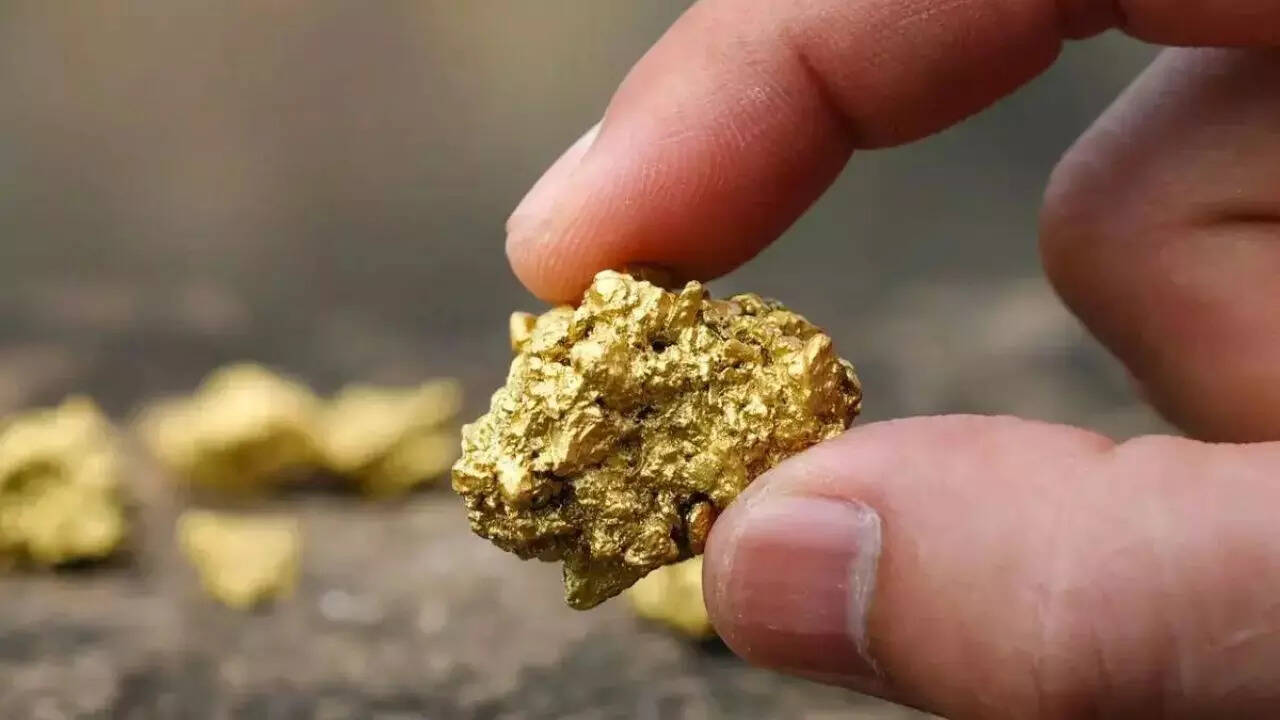Documents Show E.P.A. Wants to Erase Greenhouse Gas Limits on Power Plants
The New York TimesSaturday, May 24, 2025 at 9:01:42 AM

Newly uncovered documents reveal that the Environmental Protection Agency (EPA) is considering rolling back regulations that limit greenhouse gas emissions from power plants. If this move goes through, it would mark a major shift in U.S. climate policy, easing restrictions on one of the country’s biggest sources of carbon pollution.
Editor’s Note: This isn’t just bureaucratic fine print—it’s a big deal for the fight against climate change. Power plants are a major contributor to CO₂ emissions, and loosening these rules could slow progress toward cleaner energy. Critics argue it’s a step backward, while supporters might see it as reducing regulatory burdens. Either way, it’s likely to spark fierce debate.
— Curated via WP Now’s



